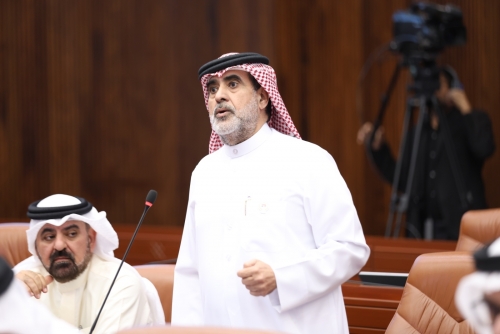MPs in Bahrain are pushing for a 50 per cent reduction in state fees for seniors, arguing that it is essential relief as they face rising living costs. The proposal, which is up for discussion on Tuesday, is facing pushback from the Shura Council and government, who suggest targeted discounts instead. This has led to a debate over how far support for the elderly should extend.
The proposed amendment to the 2009 Elderly Rights Law would provide holders of an Elderly Services Card with a minimum 50 per cent reduction on all state fees, with the possibility of waiving some charges completely. MPs argue that a blanket discount would offer stability for seniors and ensure fair access to government services. However, the Shura Council has expressed financial concerns and supports a more limited approach with discounts only applying to selected fees.
The Ministry of Finance has warned that widespread fee cuts could lead to a reduction in government revenue, particularly from non-oil sources. They pointed out that there are already existing policies in place that offer substantial relief to seniors. Despite this, MPs have continued to push for increased benefits for seniors, with a focus on easing living costs. The government has highlighted the need for a financial review to protect public funds.
The Ministry of Social Development has emphasized that Bahrain’s elderly population already benefits from various services and discounts, including the ‘The Elderly Discount Card’ program. This program provides a 50 per cent discount on selected services across government agencies, with additional discounts offered by private firms. However, MPs argue that a consistent 50 per cent discount on all fees would address gaps in current policies and ensure equal benefits for all seniors.
The proposal has sparked a debate around governance principles, with the Council of Representatives holding legislative authority over taxes while state fees are managed by the executive branch. The government has warned that granting MPs more control over fees could disrupt the balance and potentially impact public finances. Supporters of the proposal claim that it would provide relief to thousands of seniors facing financial burdens.
As the draft law returns to the Council of Representatives, both advocates and critics are gearing up for a spirited debate on how best to support Bahrain’s elderly without straining the public purse. With a significant elderly population in Bahrain, the proposal’s implications are far-reaching. The discussion around providing relief and essential services to seniors is set to continue as stakeholders work towards finding a solution that balances support with financial considerations.





















